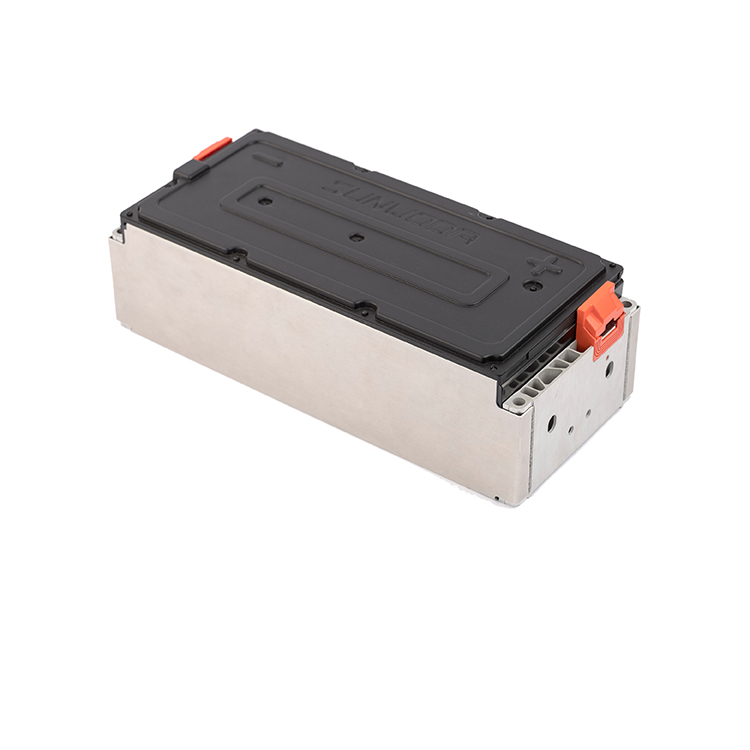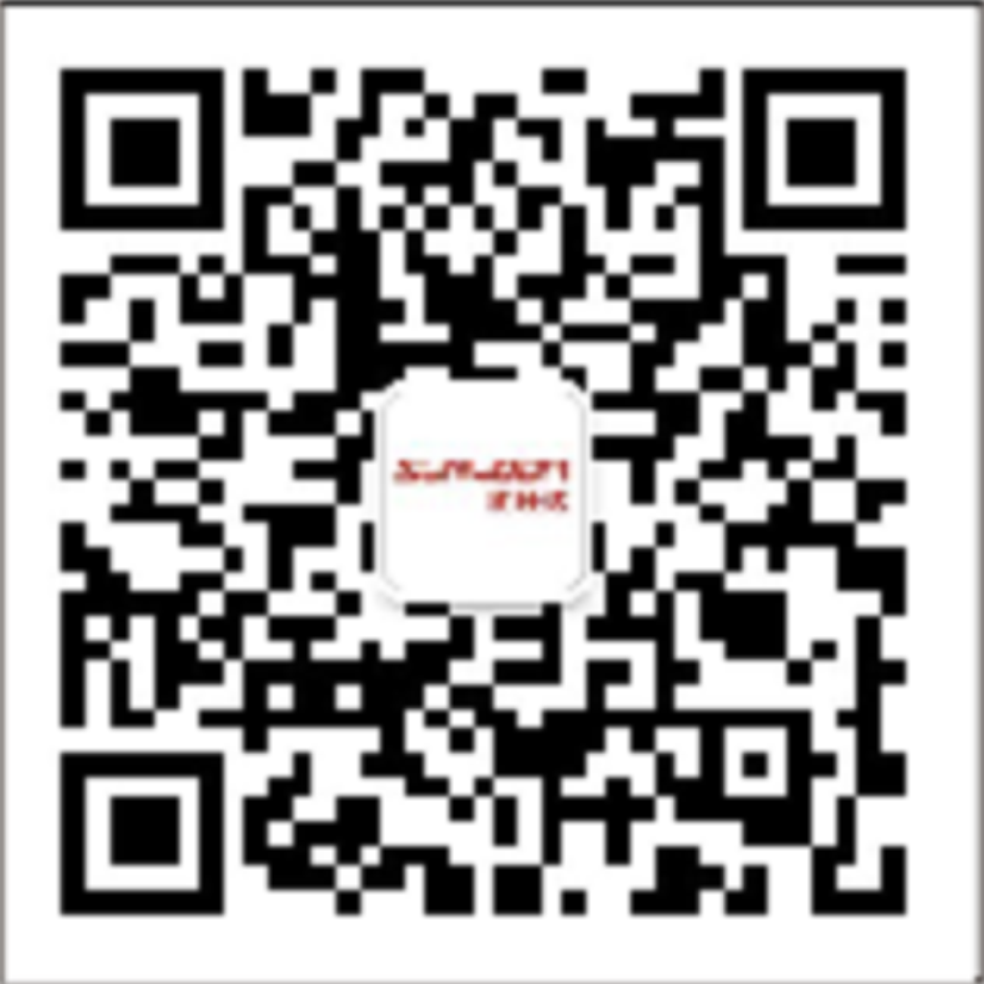3c car battery include a comprehensive interpretation of automotive battery packs
According to the Announcement of the State Administration for Market Regulation on the Implementation of Compulsory Product Certification Management for Lithium ion Batteries and Other Products (No. 10 of 2023), starting from August 1, 2024, China will implement the “CCC” (hereinafter referred to as “3C”) mandatory certification management for lithium-ion battery cells/batteries and mobile power sources (hereinafter referred to as “lithium-ion batteries”). Lithium batteries that have not obtained the “CCC” certification and are marked with the “CCC” certification mark shall not be manufactured, sold, imported, or used for other business activities.

3C certification is a mandatory product certification system in China. This system requires certification of the quality of specific products on the list to protect safety, health, and the environment. All specific products listed in the certification list must be certified and affixed with the “CCC” certification mark before they can be shipped, sold, imported, or used for other business activities. The 3C certification requirements for lithium batteries aim to improve the quality and safety of lithium batteries and mobile power products, effectively protecting the rights and interests of consumers.
The main standard for 3C certification of lithium batteries is the national mandatory standard GB31241 “Safety Technical Specification for Lithium ion Batteries and Battery Packs for Portable Electronic Products”. This standard applies to mobile electronic products that can be frequently carried by users and do not exceed 18 kilograms, involving
3c car battery include a comprehensive interpretation of automotive battery packs
(a) Portable office products: laptops, tablets, etc;
(b) Mobile communication products: mobile phones, cordless phones, intercoms, etc;
(c) Portable audio/video products: portable televisions, portable educational/video players, cameras, camcorders, recording pens, Bluetooth earphones, portable speakers, etc;
(d) Other portable products: electronic navigators, digital photo frames, game consoles, e-books, portable power banks, portable energy storage power banks, portable projectors, wearable devices, etc. Currently, not all lithium-ion batteries require 3C certification.
A new question arises again, do car battery packs need 3C?
Let’s take a look at which car parts require 3C certification
2.1 Seat belts: Seat belts are the primary safety protection devices for passengers in vehicles and require 3C certification to ensure compliance with safety standards.
2.2 Glass: Glass products on automobiles, such as windshields, car windows, etc.
2.3 Engine Components: The engine is the core component of a car, and its components such as the engine control unit and ignition coil require 3C certification to ensure their safety and performance.
2.4 Tires: Car tires are components that come into direct contact with the ground and need to be ensured to be safe and reliable, therefore requiring 3C certification.
2.5 Driving recorder: Driving recorder is an increasingly popular automotive accessory in recent years. In order to ensure user safety and privacy, 3C certification is required.
2.6 Door locks and door fasteners: The locking and fixing devices of the car doors are crucial for the safety and anti-theft performance of the vehicle and require 3C certification.
2.7 Seats and Headrests: Car seats and headrests are the main safety protection devices for passengers, and their safety and reliability need to be ensured, which may require 3C certification.
2.8 Automotive Lithium Batteries: Starting from 2024, the use of lithium batteries in automobiles requires obtaining 3C certification
3、 Testing standards and items related to automotive parts
3.1 Seat belts:
Testing standard: GB 14166-2013 “Automotive Seat Belts”
Testing items: tensile strength test, fracture strength test, locking tongue force test, etc.
3.2 Lighting fixtures:
At present, the standard is being revised as a new mandatory standard, with the number 20190050-Q-339
Testing items: beam intensity test, anti fog performance test, shock resistance performance test, etc.
3.3 Glass:
Testing standard: GB 9656-2021 “Automotive Safety Glass”
Testing items: impact resistance test, light transmittance test, explosion test, etc.
3.4 Engine components:
Testing standard: GB/T 19055-2003 “Reliability Test Methods for Automotive Engines”
At present, the standard is being revised as a new mandatory standard, numbered 20214702-T-339
3.5 Tires:
Testing standard: GB/T 2977-2016 “Specification, Dimensions, Air Pressure and Load of Truck Tires”
At present, this standard is being revised as a new mandatory standard, with the number 20220990-T-606
Testing items: tire wear resistance test, anti slip performance test, aging resistance test, etc.
3.6 Driving recorder:
Testing standard: GB 4943; GB8898; YD/T2583.14, etc
Testing items:
Video clarity test: Evaluate the clarity of the video recorded by the driving recorder to ensure that the image clarity meets the requirements.
Data retention capability test: Evaluate the data retention capability of the driving recorder, including the storage capacity and persistence of recorded video files.
Seismic performance testing: Testing the resistance of the driving recorder to vibrations and impacts during vehicle operation to ensure its stability and reliability under various road conditions.
3.7 Door Locks and Door Anchors:
Testing standard: GB15086-2013 “Performance Requirements and Test Methods for Automotive Door Locks and Door Retainers”
Testing items: durability test for opening and closing times, anti-theft performance test, waterproof performance test, etc.
3.8 Seats and Seat Headrests:
Testing standard: GB 11550-2009 “Strength Requirements and Test Methods for Automotive Seat Headrests”
Testing items: static strength test, durability performance test, seat belt fastening performance test, etc.
3.9 Automotive lithium batteries
Testing standard: GB/T 31485-2015 “Lithium ion Battery Pack and Its Management System for Electric Vehicles”
Testing items: Requirements for the voltage range, capacity, charging and discharging performance, safety performance, and other aspects of the battery.



